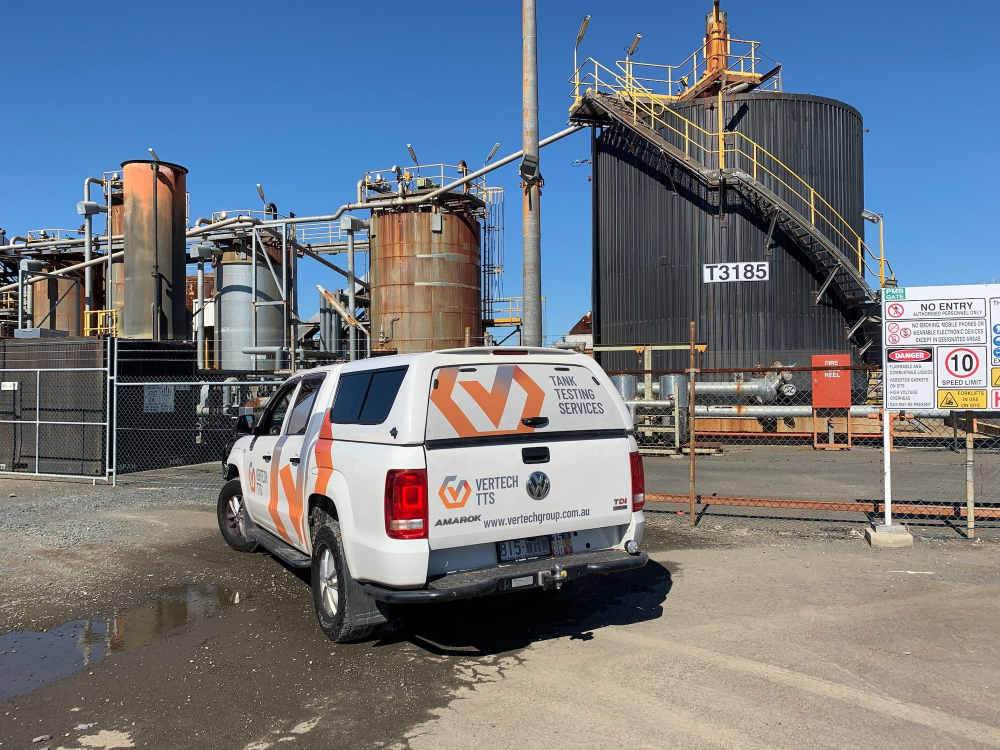Resource Storage and Distribution: Australia’s resource-rich profile, spanning mining, agriculture and energy, relies on bulk storage tanks to store and distribute minerals, petroleum, chemicals, and water, ensuring the seamless operation of these vital sectors.
Agriculture and Food Production: Essential in agriculture for storing fertilisers, pesticides, and water, bulk storage tanks are also instrumental in the food and beverage industry, supporting the storage of raw materials, intermediates, and finished products, ensuring a consistent supply chain.
Mining and Minerals Processing: The mining industry, a cornerstone of Australia’s economy, depends on bulk storage tanks for storing minerals, processing chemicals, and water essential for various operations, underlining the importance of proper storage for operational efficiency and environmental compliance.
Energy and Petrochemicals: Australia’s energy sector, encompassing oil and gas production, relies on large-scale storage facilities for crude oil, refined products, and various chemicals. Bulk storage tanks form an integral part of the energy supply chain, ensuring the availability and distribution of these crucial resources.
Environmental and Water Management: Critical for water management, bulk storage tanks support water storage and distribution in regions prone to drought. Their role extends to agricultural irrigation, industrial processes, and municipal water supply, contributing to sustainable water management practices.
Supply Chain Resilience: Bulk storage tanks enhance the resilience of Australia’s supply chains by providing a strategic buffer against market fluctuations. Ample storage capacity allows industries to manage inventory effectively and respond proactively to dynamic market conditions.




